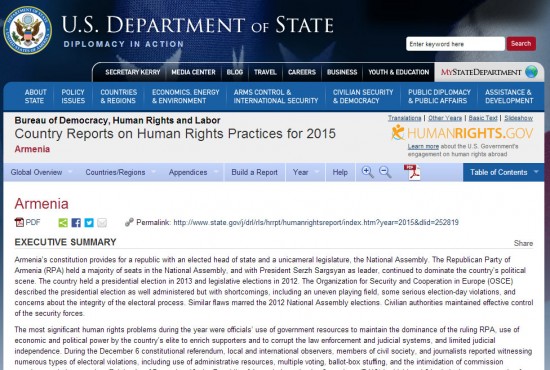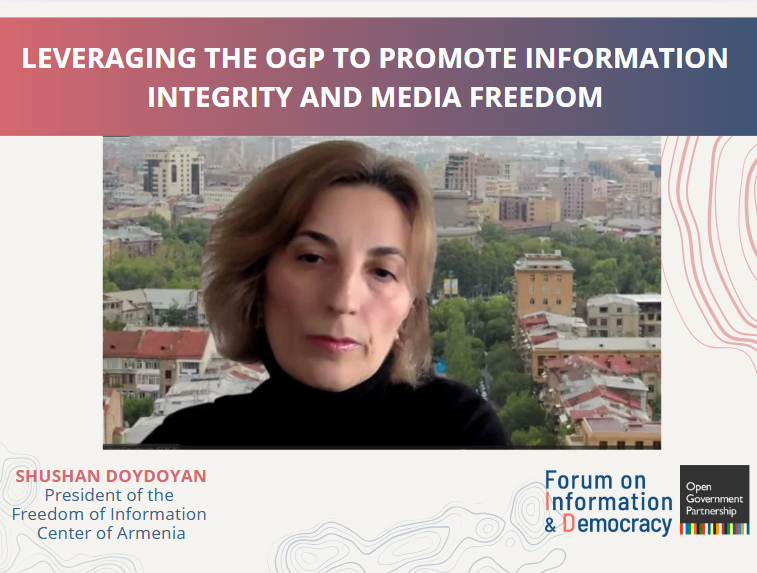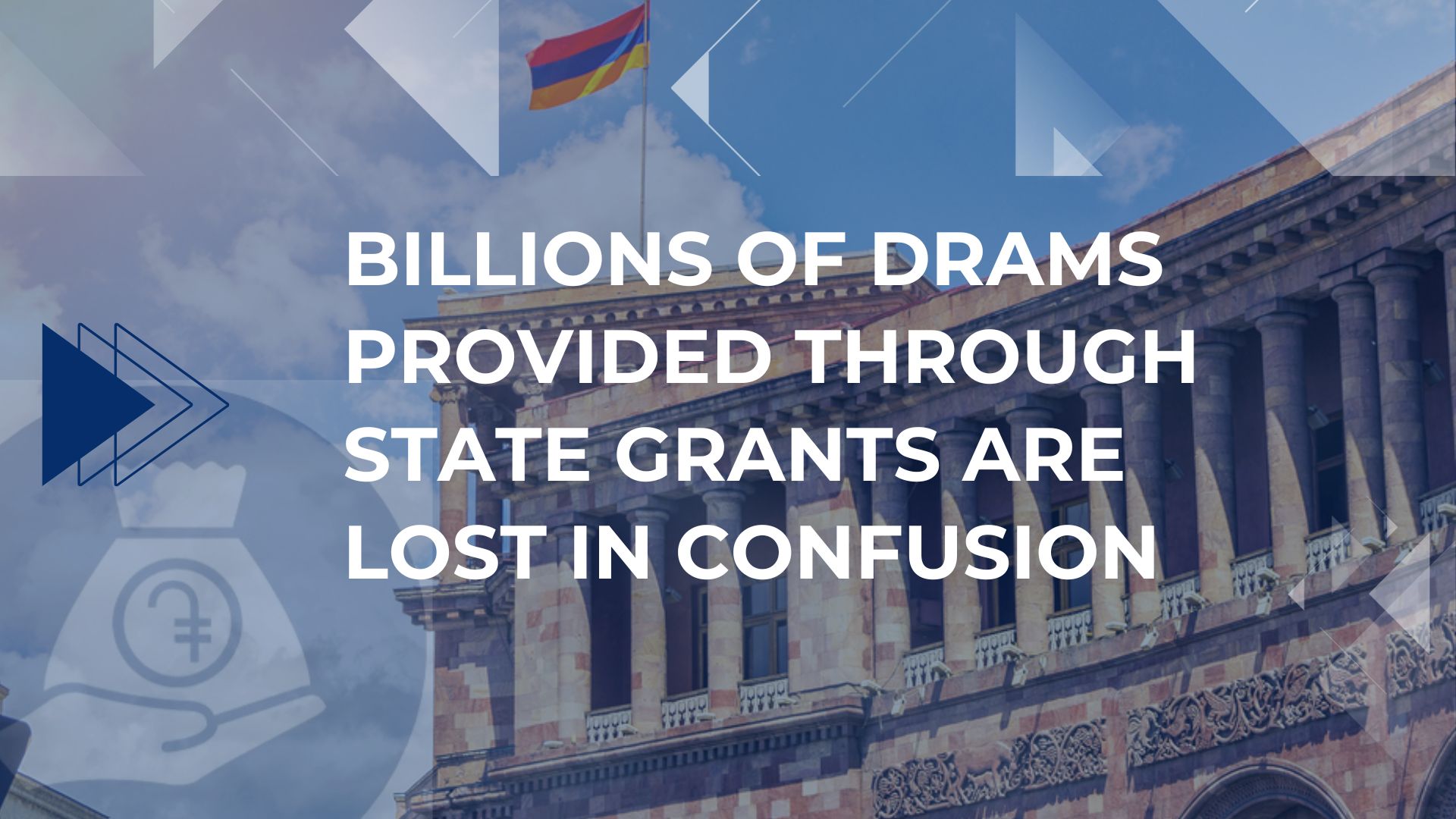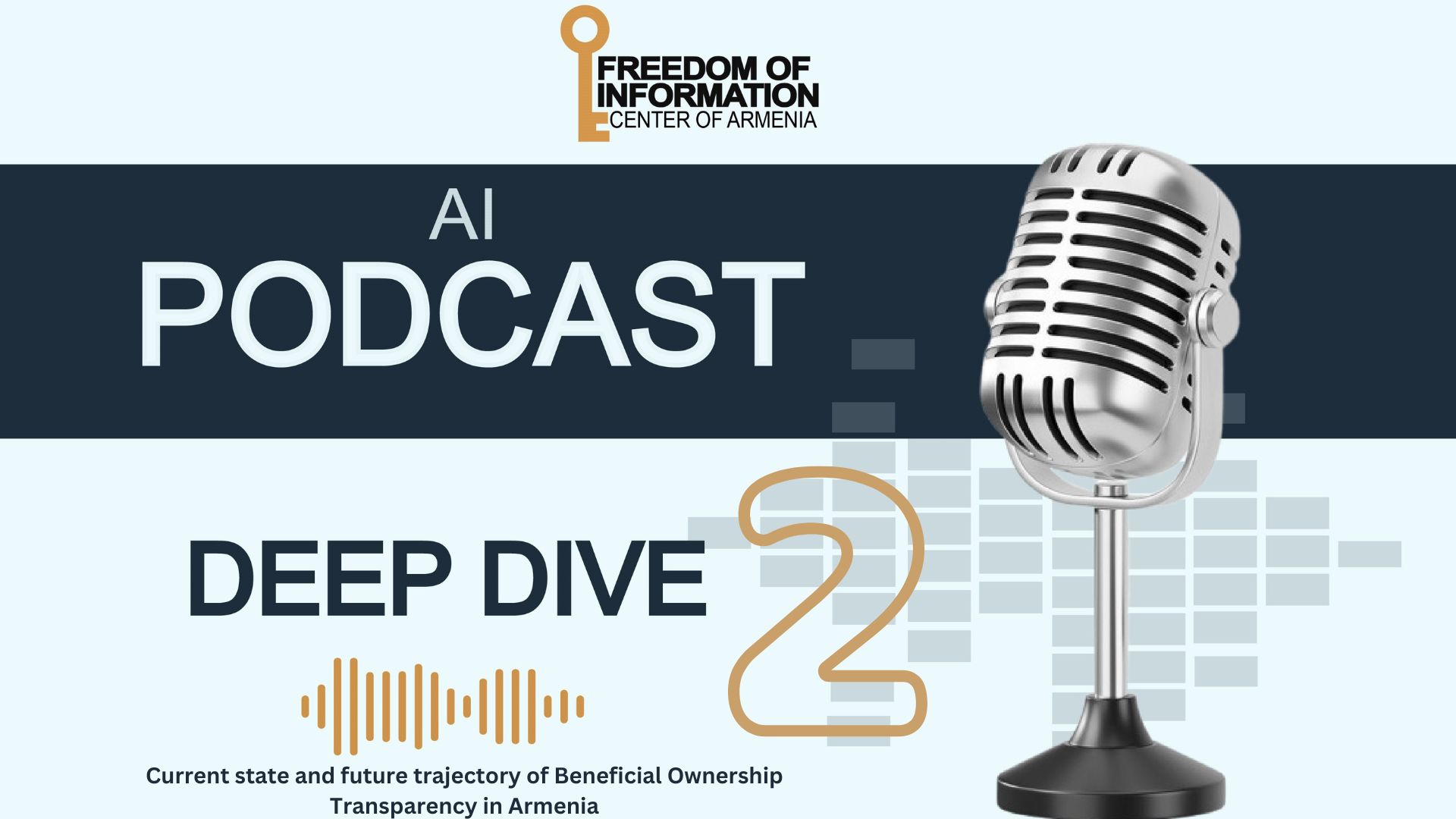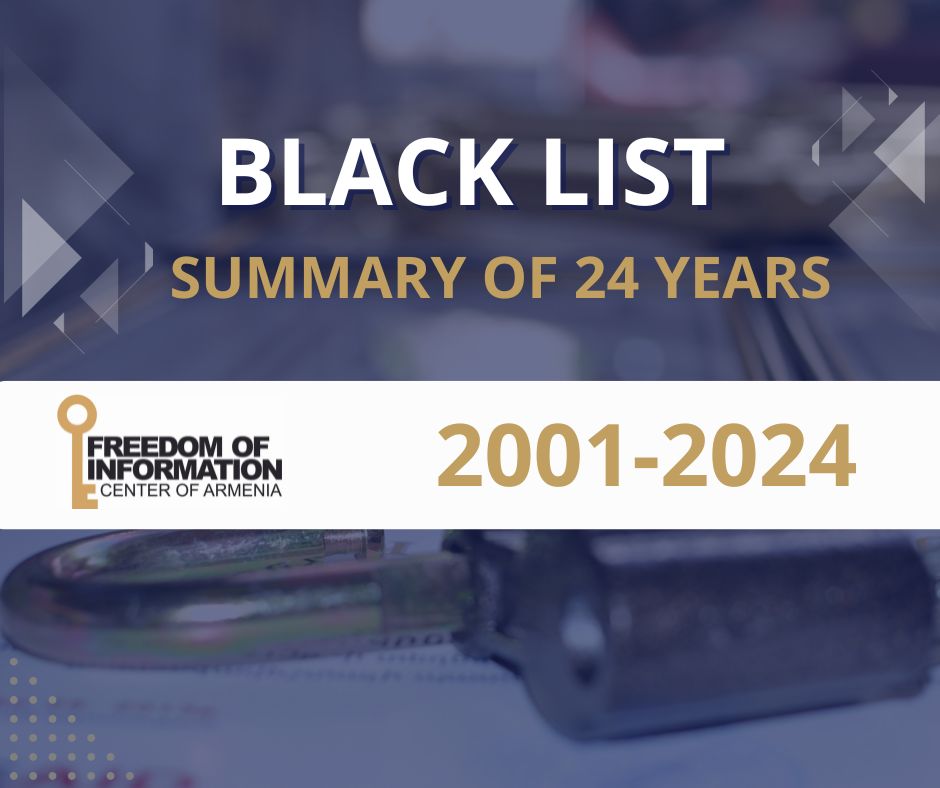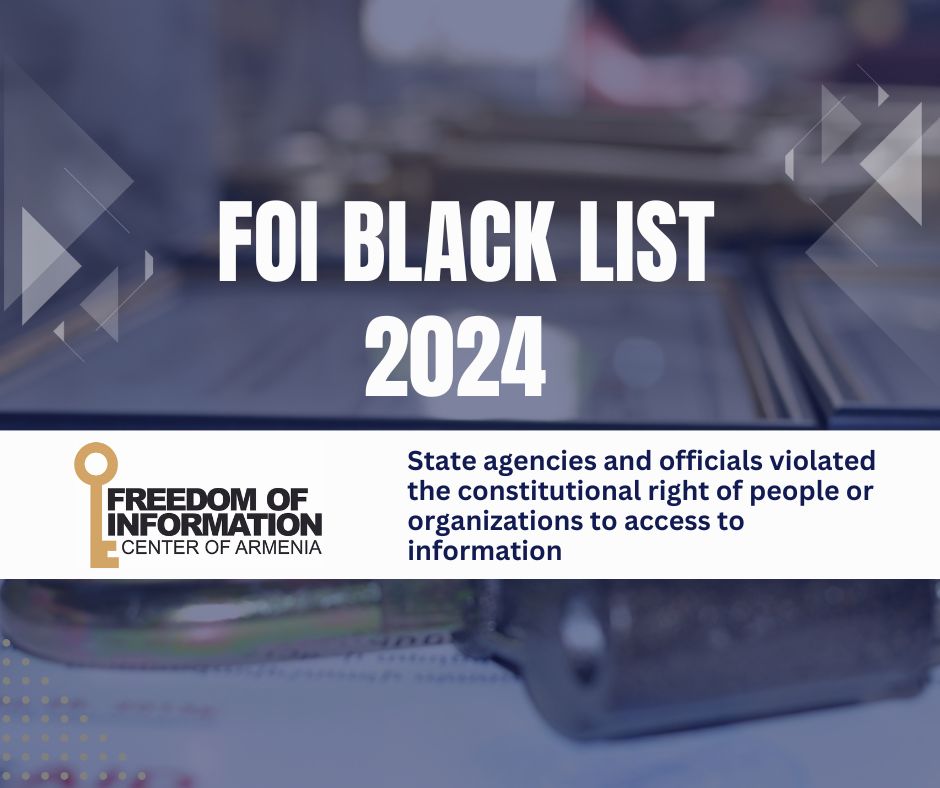State Department’s 2015 Human Rights Report for Armenia that was released on 13 April, 2016
Secretary’s Preface
The 2015 edition of the Country Reports on Human Rights Practices points to a global governance crisis. In every part of the world, we see an accelerating trend by both state and non-state actors to close the space for civil society, to stifle media and Internet freedom, to marginalize opposition voices, and in the most extreme cases, to kill people or drive them from their homes. Some look at these events and fear democracy is in retreat. In fact, they are a reaction to the advance of democratic ideals – to rising demands of people from every culture and region for governments that answer to them…
The contents of this report renew our commitment to promoting and protecting universal human rights, to supporting and defending civil society in its peaceful efforts to hold governments accountable, and to working with our partners to advance peace, development, human rights, and democracy.
I hereby transmit the Department of State’s Country Reports on Human Rights Practices for 2015 to the United States Congress.
John F. Kerry
Country Reports on Human Rights Practices for 2015
Armenia’s constitution provides for a republic with an elected head of state and a unicameral legislature, the National Assembly. The Republican Party of Armenia (RPA) held a majority of seats in the National Assembly, and with President Serzh Sargsyan as leader, continued to dominate the country’s political scene. The country held a presidential election in 2013 and legislative elections in 2012. The Organization for Security and Cooperation in Europe (OSCE) described the presidential election as well administered but with shortcomings, including an uneven playing field, some serious election-day violations, and concerns about the integrity of the electoral process. Similar flaws marred the 2012 National Assembly elections. Civilian authorities maintained effective control of the security forces.
The most significant human rights problems during the year were officials’ use of government resources to maintain the dominance of the ruling RPA, use of economic and political power by the country’s elite to enrich supporters and to corrupt the law enforcement and judicial systems, and limited judicial independence. During the December 6 constitutional referendum, local and international observers, members of civil society, and journalists reported witnessing numerous types of electoral violations, including use of administrative resources, multiple voting, ballot-box stuffing, and the intimidation of commission members and observers by officials. As of December 18, the Republic of Armenia Investigative Committee (RAIC) had initiated 34 criminal cases stemming from the referendum.
Public Access to Information: While the law provides for public access to government information, some government bodies and officials were reluctant to grant it. According to the NGO Freedom of Information Center of Armenia and the Transparency International Anticorruption Center, the biggest challenge continued to be governmental bodies that, while creating an impression they were satisfying freedom of information requests, provided answers that were either irrelevant or incomplete. As a consequence NGOs were less successful in pursuing freedom of information cases in court than in previous years, as judges rejected their claims on the grounds that government entities already provided answers, regardless of their content.
The government has appointed freedom of information officials as points of contact in all ministries and regional governors’ offices, as required by law. No information on the effectiveness of these officials was available. On October 15, the government adopted regulations for the implementation of the 2003 Freedom of Information law; in the past, officials cited the absence of such regulations when refusing requests for information.
The full report is available HERE

